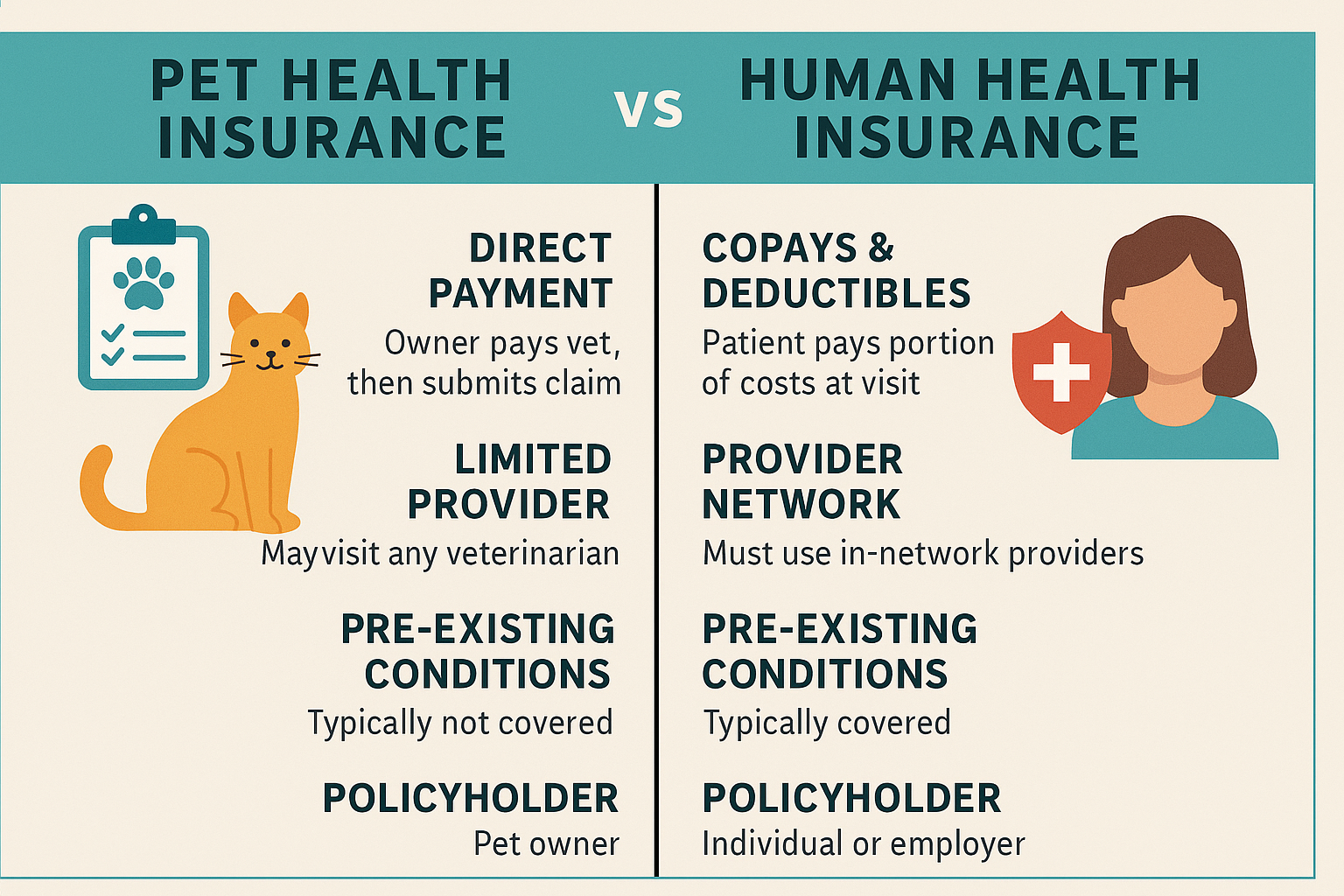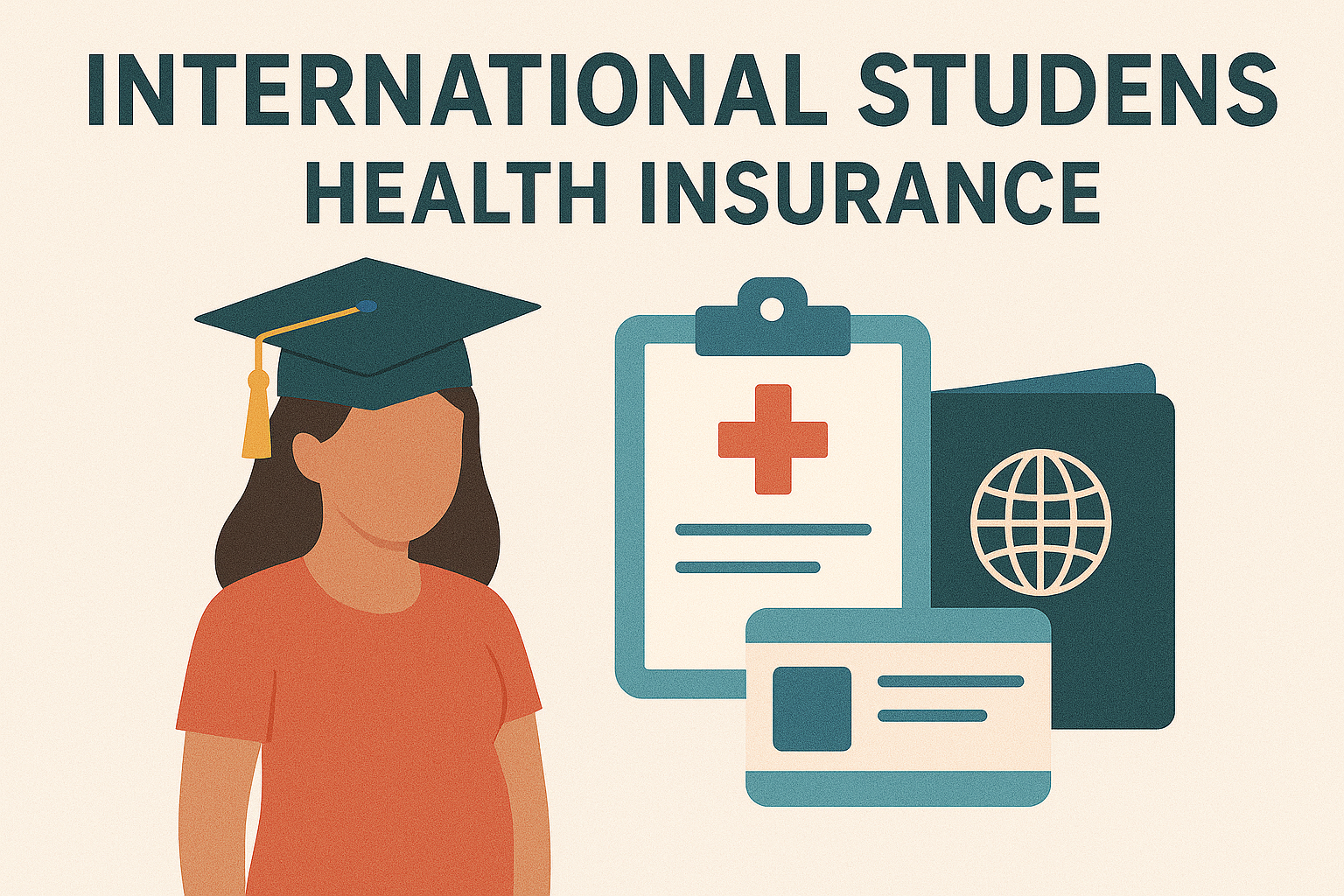
Health Insurance Tips for Freelancers and Gig Workers
Navigating health insurance as a freelancer or gig worker can be one of the most complex and intimidating aspects of self-employment. Unlike traditional employees who receive coverage through an employer-sponsored plan, independent workers must take full responsibility for finding, purchasing, and managing their own health insurance. In the evolving landscape of remote work and digital entrepreneurship, securing the right health insurance coverage is more essential than ever. In 2025, more freelancers and gig workers are turning to flexible and affordable health insurance options to ensure they are financially protected and medically covered in an unpredictable world.
One of the most important health insurance tips for freelancers and gig workers is to explore all available marketplaces, including government exchanges, private insurers, and industry-specific associations. With recent updates to the Affordable Care Act (ACA), more independent workers now qualify for subsidies and cost-sharing reductions, which significantly lower monthly premiums and out-of-pocket costs. In many cases, even those with moderate incomes may receive substantial financial assistance, especially if their earnings fluctuate throughout the year. It’s critical to use the official health insurance marketplace in your state or country to evaluate eligibility and find ACA-compliant plans that offer essential health benefits like preventive care, prescription drugs, and hospitalization.
Understanding your income and how it affects your premium is another crucial part of choosing the right plan. Gig workers and freelancers often have variable income, which can make estimating annual earnings a challenge. However, the ACA allows for mid-year adjustments, so it’s advisable to report changes as they occur to avoid underestimating or overestimating your income—both of which can lead to financial penalties or loss of subsidies. Keeping accurate records and consulting with a tax advisor can help ensure that your estimated income aligns with reality and that you are maximizing any available savings.
Additionally, freelancers should consider high-deductible health plans (HDHPs) paired with Health Savings Accounts (HSAs) as a strategic option. These plans often come with lower monthly premiums, making them attractive for those in good health or who want to keep their costs predictable. The HSA allows for tax-deductible contributions, tax-free growth, and tax-free withdrawals for qualified medical expenses, offering freelancers a flexible and efficient way to manage their healthcare finances over time. This approach also provides a valuable safety net in the event of unexpected medical emergencies.
Beyond the basics, mental health coverage has become increasingly important for freelancers and gig workers who often work in isolation or face inconsistent workloads. Many modern health insurance plans now include teletherapy, mental wellness programs, and virtual support groups as part of their offerings. When shopping for a plan, it’s important to ensure that mental health services are covered and that providers are accessible via telehealth, especially if you’re working remotely or traveling frequently as part of your gig lifestyle.
Moreover, freelancers should not overlook short-term health insurance plans or supplemental insurance for added peace of mind. While short-term plans do not meet all ACA requirements, they can provide temporary coverage during gaps between projects or during periods of financial hardship. Supplemental policies, such as accident or critical illness insurance, can help cover unexpected costs not included in standard policies, providing another layer of protection for those without the safety net of employer benefits.
Ultimately, staying informed and proactive is the best health insurance tip for any freelancer or gig worker. Health insurance is not a one-size-fits-all decision, and the right plan will depend on your income, health needs, location, and lifestyle. By researching thoroughly, comparing plans annually during open enrollment, and taking advantage of tax-advantaged accounts and subsidy programs, independent workers can confidently take control of their health coverage. In a rapidly changing workforce where independence is rising, ensuring you have solid, reliable health insurance is not just a smart move—it’s a necessary one for long-term stability and peace of mind.



